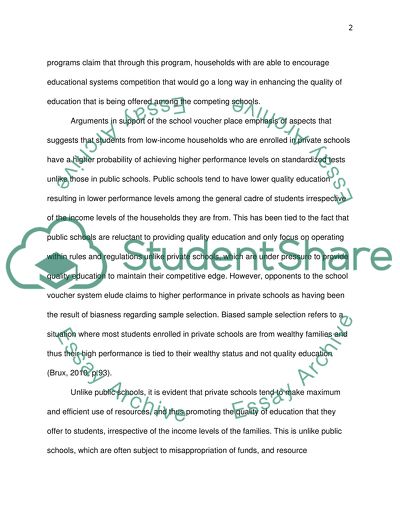Cite this document
(“Do school vouchers improve the quality of education Research Paper”, n.d.)
Retrieved from https://studentshare.org/education/1591465-do-school-vouchers-improve-the-quality-of-education
Retrieved from https://studentshare.org/education/1591465-do-school-vouchers-improve-the-quality-of-education
(Do School Vouchers Improve the Quality of Education Research Paper)
https://studentshare.org/education/1591465-do-school-vouchers-improve-the-quality-of-education.
https://studentshare.org/education/1591465-do-school-vouchers-improve-the-quality-of-education.
“Do School Vouchers Improve the Quality of Education Research Paper”, n.d. https://studentshare.org/education/1591465-do-school-vouchers-improve-the-quality-of-education.


